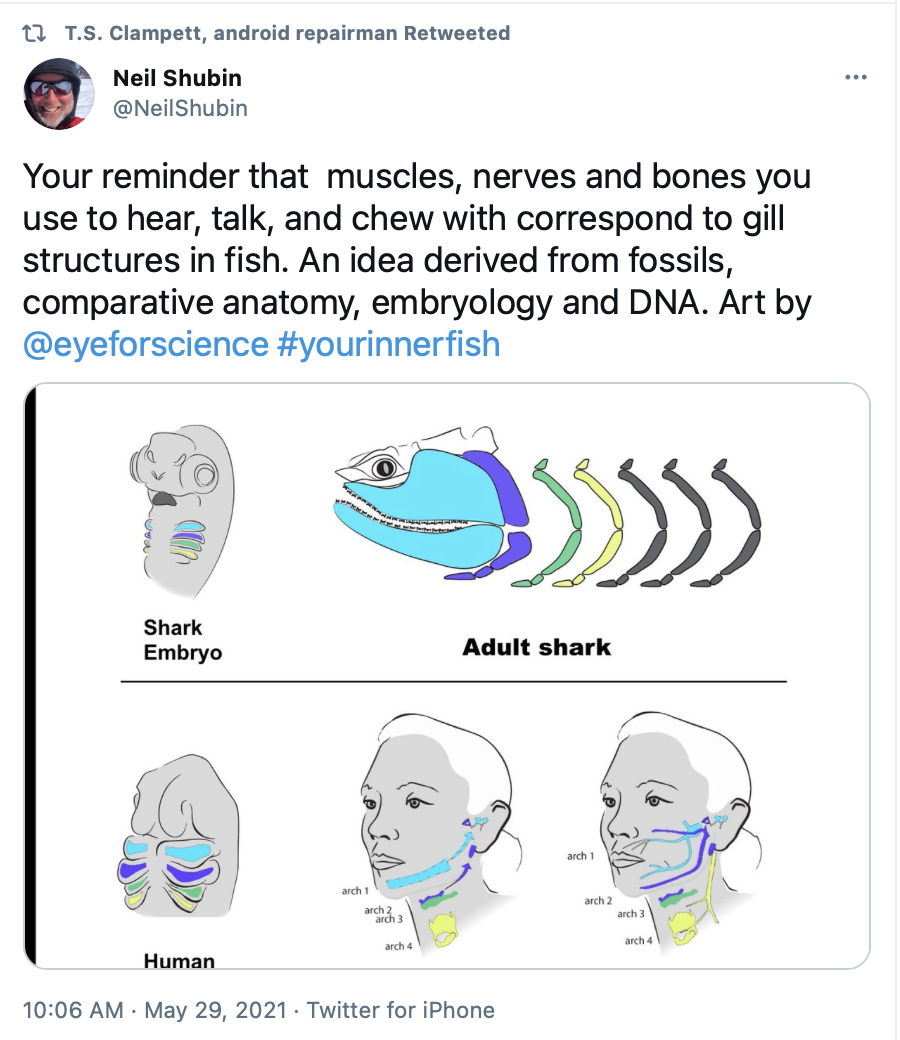Twelve Fallacies About Free Speech, Refuted
At Areo, Greg Lukianoff (An attorney who is the President and CEO of FIRE, Foundation for Individual Rights in Education) wrote this article to refute twelve fallacious arguments about free speech. Here are the fallacies:
- Free speech was created under the false notion that words and violence are distinct, but we now know that certain speech is more akin to violence.
- Free speech rests on the faulty notion that words are harmless.
- Free speech is the tool of the powerful, not the powerless.
- The right to free speech means the government can’t arrest you for what you say; it still leaves other people free to kick you out.
- But you can’t shout fire! in a crowded theatre.
- The arguments for freedom of speech are outdated.
- Hate speech laws are important for reducing intolerance, even if there may be some examples of abuse.
- Free speech is nothing but a conservative talking point.
- Restrictions on free speech are OK if they are made in the name of civility.
- You need speech restrictions to preserve cultural diversity.
- Free speech is an outdated idea; it’s time for new thinking.
- I believe in free speech, but not for blasphemy.
Visit Areo for Lukianoff's responses to each of these fallacies.
In response to the fallacy that free speech is an outdated concept, Lukianoff gave this succinct defense of John Stuart Mill, from On Liberty (available from free at this link):
John Stuart Mill’s central arguments in On Liberty remain undefeated, including one of his strongest arguments in favour of freedom of speech—Mill’s trident—of which I have never heard a persuasive refutation. Mill’s trident holds that, for any given belief, there are three options:A) You are wrong, in which case freedom of speech is essential to allow people to correct you.
B) You are partially correct, in which case you need free speech and contrary viewpoints to help you get a more precise understanding of what the truth really is.
C) You are 100% correct. In this unlikely event, you still need people to argue with you, to try to contradict you, and to try to prove you wrong. Why? Because if you never have to defend your points of view, there is a very good chance you don’t really understand them, and that you hold them the same way you would hold a prejudice or superstition. It’s only through arguing with contrary viewpoints that you come to understand why what you believe is true.
Lukianoff ends his article with this:
Free speech is valuable, first and foremost, because, without it, there is no way to know the world as it actually is. Understanding human perceptions, even incorrect ones, is always of scientific or scholarly value, and, in a democracy, it is essential to know what people really believe. This is my “pure informational theory of freedom of speech.” To think that, without openness, we can know what people really believe is not only hubris, but magical thinking. The process of coming to knowing the world as it is is much more arduous than we usually appreciate. It starts with this: recognize that you are probably wrong about any number of things, exercise genuine curiosity about everything (including each other), and always remember that it is better to know the world as it really is—and that the process of finding that out never ends.


